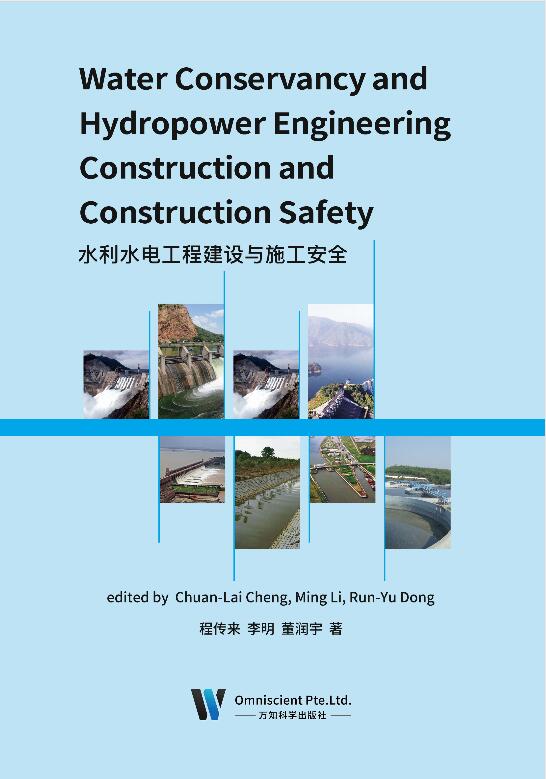
With the rapid development of China’s economy and the continuous progress of science and technology, great changes have taken place in the market demand of water conservancy and hydropower projects, which poses more, newer and higher challenges to safety production. In addition, in recent years, the state has continuously strengthened the construction of safety production regulations, promulgated and revised a series of laws and regulations and technical standards, and established a series of safety production management systems. It is necessary to urge the main person in charge of water conservancy and hydropower engineering construction enterprises, project leaders and full-time safety production management personnel to update the safety production knowledge in time and improve the safety production management ability.
Water conservancy and hydropower projects usually have the characteristics of long construction period, large investment scale, complex engineering technology, many uncertain factors in construction, and difficult construction quality control. Facing a new round of rapid development of water conservancy and hydropower projects, the quality management personnel of water conservancy and hydropower projects should have solid quality management theory and higher quality management ability. Therefore, the quality detection and control research of water conservancy and hydropower projects has become the current theme. Only by better grasping the quality of the project, can the water conservancy and hydropower project play its maximum effect, and then promote the economic and social development of our country.
With the extensive and orderly development of assessment and training for quality inspection personnel of water conservancy and hydropower projects, the ability and quality of the majority of water conservancy and hydropower project quality inspection practitioners will continue to improve. The quality inspection of water conservancy and hydropower projects will be more standardized and healthy to promote and develop, so as to ensure the quality of water conservancy and hydropower projects, build more high-quality projects, and promote the technical progress of the industry.
前 言
随着我国经济快速发展、科学技术不断进步,水利水电工程的市场需求发生了巨大变化,对安全生产提出了更多、更新、更高的挑战,加之近年来国家不断加大了对安全生产法规的建设力度,新颁布和修订了一系列法律法规和技术标准,建立了一系列安全生产管理制度。督促水利水电工程施工企业主要负责人、项目负责人和专职安全生产管理人员及时更新安全生产知识,提高安全生产管理能力。
水利水电工程通常具有建设周期长、投资规模大、工程技术复杂、施工中不确定性因素多、施工质量控制难度较大等特点, 面对水利水电工程新一轮的快速发展,水利水电工程质量管理人员应具备扎实的质量管理理论和更高的质量管理能力。 所以对水利水电工程的质量检测和控制研究就成为当下的主题, 只有更好地把握工程项目的质量,才能使水利水电工程发挥其最大的成效,进而促进我国的经济社会发展。
随着水利水电工程的质量质量检测人员考核培训的广泛、有序开展,广大水利水电工程质量检测从业人员的能力与素质将不断提高,水利水电工程质量检测工作必将更加规范、健康地推进和发展,从而为保证水利水电工程质量、建设更多的优质工程、促进行业技术进步发挥巨大的作用。
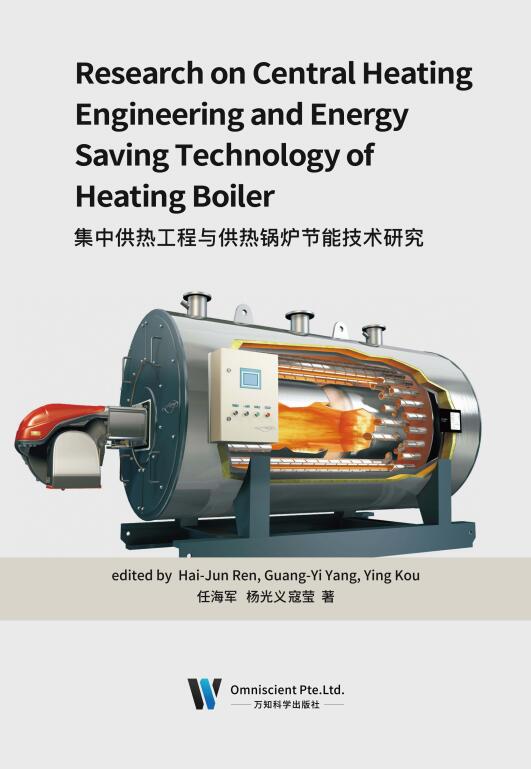
The modern coal-fired boiler is an equipment which consumes a lot of energy. How to do a good job in boiler operation and energy saving is very important. This paper explores the possibility of energy-saving of coal-fired boiler from the aspects of boiler technical transformation, fuel saving control and operator management training, so as to provide reference for energy-saving operation of coal-fired boiler in actual production.
Energy conservation and emission reduction is of great significance to the implementation of the scientific development concept, the construction of a harmonious socialist society, the improvement of people’s quality of life and the realization of sound and rapid economic and social development. The outline of China’s 11th Five Year Plan puts forward the constraint targets of reducing energy consumption per unit GDP by 20% and reducing the emission of main pollutants by 10%. The national energy conservation and emission reduction work conference clearly proposed to form a work pattern of energy conservation and emission reduction with the government as the leading role, enterprises as the main body and the whole society jointly promoting. There is a large space for energy saving of special equipment, especially for industrial boilers. Due to unreasonable structural design, uncoordinated auxiliary equipment, inconsistent coal type with design and improper operation, the energy consumption is too large. At present, the average thermal efficiency of industrial boilers in China is lower 10% ~ 15% than that in developed countries. If effective measures are taken to increase the average thermal efficiency of coal-fired industrial boilers by 10%, 60 million tons of coal can be saved every year. It is of great significance to explore the using methods of boilers and to further study the energy conservation and emission reduction of boilers for resource saving and promoting the healthy development of society.
前 言
现代的燃煤锅炉是一个能源消耗很大的设备,如何做好锅炉运行和对能源的节省,本文从锅炉的技术改造,燃料的节约控制和操作工人管理培训等方面探索了燃煤锅炉节能的可能性,为实际生产中燃煤锅炉的节能运作提供参考。
节能减排对贯彻落实科学发展观、构建社会主义和谐社会,对提高人民生活质量、实现经济社会又好又快发展,具有极其重要而深远的意义。我国“十一五”规划《纲要》提出了“十一五”单位 GDP 能耗降低 20%、主要污染物排量减少 10%的约束性目标。全国节能减排工作会议,明确提出了要尽快形成以政府为主导、企业为主体、全社会共同推进的节能减排工作格局。特种设备节能空间很大,尤其是工业锅炉,由于结构设计不合理、辅机配套不协调、可用煤种与设计不符、运行操作不当等因素,造成能源消耗量过大。目前我国工业锅炉平均热效率与工业发达国家相比要低 10%~15%,如果采取有效措施,使燃煤工业锅炉平均实际热效率提高10%,每年可节煤 6000 万吨。可以说,探究锅炉使用方式以及深入研究锅炉节能减排对资源节约以及促进社会健康发展都具有非常重要的意义。
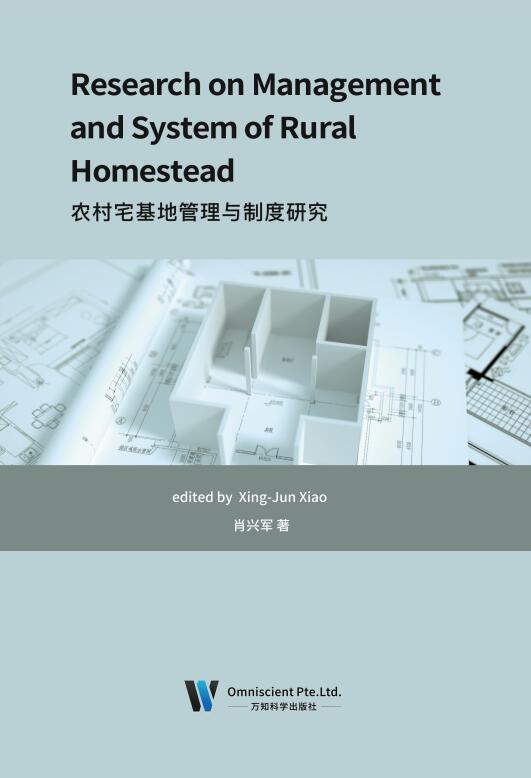
Since the Reform and Open-up, the process of China’s urbanization has accelerated significantly, and it has entered the takeoff line of high-speed urbanization at this stage. According to the theory of sustainable development, how to promote the process of urbanization actively and steadily is an important issue that China must face in the 21st century. The three major signs of urbanization are: the transfer of labor force from the primary industry to the secondary and tertiary industries, the increase in the proportion of urban population in the total population, and the expansion of urban land use scale. With the development of China’s urbanization, the transfer of rural population to the city will involve the withdrawal of the original rural homestead. The expansion of urban land will also lead to the reduction of cultivated land and the adjustment of rural residential land use system. China has issued the urban and rural planning law, aiming at balancing urban and rural development. The pilot cities and cities listed as the link between the increase and decrease of urban and rural construction land, have also carried out the integration of
villages, which greatly affected the farmers’ right to use homestead. As a kind of usufructuary right, can farmers’ homestead use right still be protected by law? Will urbanization be at the expense of farmers’ interests? Can we find a suitable theoretical basis for the development of urban and rural integration? Can the development of urbanization and the protection of farmers’ interests be taken into account? All these problems need to be studied deeply.
This book systematically expounds the management and system of rural homestead. The purpose is to help farmers better understand the national policies, clarify their rights and obligations according to law, and better safeguard their land rights and interests while performing their obligations according to law.
前 言
改革开放以来,中国城市化进程明显加快,现阶段已进入高速城市化的起飞线上。如何依照可持续发展理论,积极稳妥地推进城市化进程,是 21 世纪中国必须面对的一个重大课题。城市化的三大标志是:劳动力从第一产业向第二、三产业转移,城市人口在总人口中比重上升,城市用地规模扩大。随着我国城市化的发展,农村人口向城市转移会涉及原有农村宅基地的退出问题,城市用地规模扩大也会导致耕地减少以及农村宅基地用地制度的调整。自我国出台了《城乡规划法》,旨在统筹城乡发展。被列为城乡建设用地增减挂钩的试点省市,也纷纷推行撒村并居,农民的宅基地使用权受到很大的触动。农民的宅基地使用权作为一项用益物权是否还能受到法律的保护?城市化进程是否会以牺牲农民的利益为代价?城乡统筹的发展思路是否可以找到合适的理论基础?城市化发展与农民利益保护是否可以兼顾?这些问题都有待学界进行深入研究。
本书系统地阐述了农村宅基地的管理和制度,目的是帮助农民更好地了解国家的政策,明确自己依法享有的权益和应当承担的义务,在依法履行义务的同时,更好地依法维护自己的土地权益。
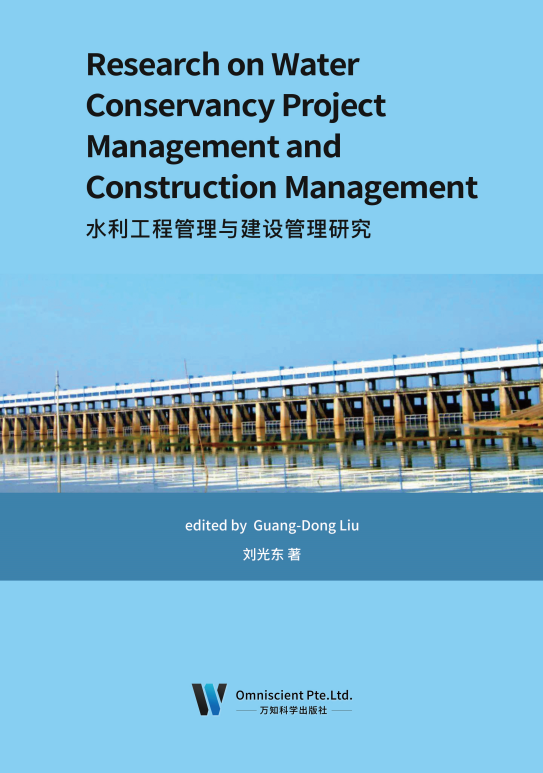
Water conservancy and hydropower engineering construction is one of the industries that take the lead in carrying out the reform of construction project management system in China. Since Lubuge Hydropower Station in Yunnan Province initiated the precedent of modern water conservancy and hydropower project construction project management, China’s water conservancy and hydropower project construction management has developed rapidly and achieved remarkable achievements.
In recent years, in order to meet the needs of the rapid development of the national economy, China’s construction project investment growth rate is very fast, the total output value of the construction industry is huge. Because of this, the application of project management in our country has a lot of space. The study of project management theory and practice is conducive to the efficient management of national and local construction projects, and helps to improve the overall level of project management in China. According to the actual situation of our country and other places, scientific management, reducing costs, ensuring the construction period, quality and project performance, will produce huge economic and social benefits. Water conservancy project is the infrastructure of national economy, which provides an important guarantee for people’s production and life at all stages of social development.
During the compilation of this book, a large number of materials and documents were referred to, and I would like to express my heartfelt thanks to the authors of all documents. This book can be read by college students and those who are engaged in the construction and management of water conservancy and hydropower projects. Due to the limited level of the author, there must be many omissions and shortcomings in the book. Readers are welcome to criticize and correct.
前 言
水利水电工程建设作为我国率先开展建设项目管理体制改革的行业之一,自云南鲁布革水电站开创现代水利水电工程建设项目管理先河以来,我国的水利水电工程项目建设管理迅猛发展,取得了举世瞩目的成就。
近年来,为了满足国民经济快速发展的需要,我国工程项目投资增速很快,建设行业总产值数额巨大。正因为如此,项目管理在我国的应用具有很大的空间,项目管理理论及实践的学习,有助于国家和地方建设项目的高效管理,有助于提高我国项目管理的整体水平。根据我国和各地的实际情况进行科学管理,减少成本,确保建设工期、质量及项目绩效,必将产生巨大的经济效益和社会效益。水利工程建设项目是国民经济的基础设施,在社会发展的各个阶段为人民的生产和生活提供了重要保障。
本书在编著过程中,参考了大量的资料和文献,在此向所有文献的作者表示衷心的感谢。本书可供在校大学生和从事水利水电工程建设管理的工作者阅读。由于作者水平有限,书中肯定有很多疏漏和不足之处,敬请读者批评指正。
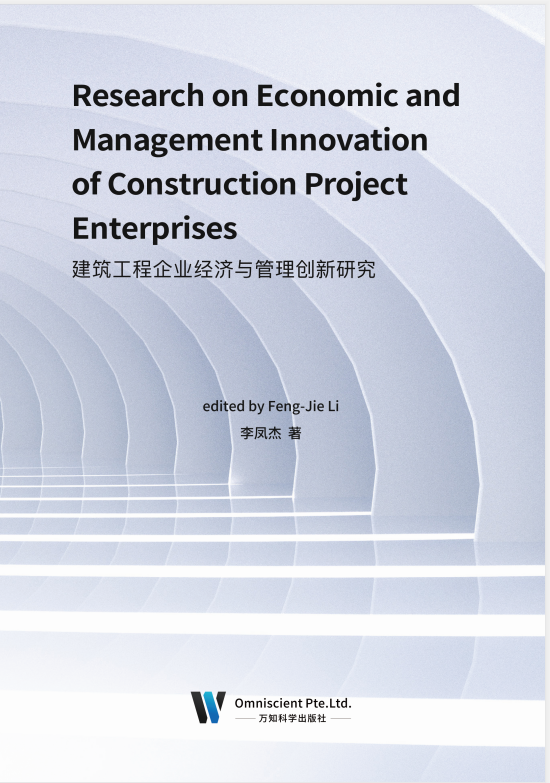
The goal of China’s economic system reform is to establish a socialist market economic system with Chinese characteristics. Under the condition of market economy, the market plays an important role in the survival and development of enterprises, especially the construction enterprises, as the pillar industry of China’s socialist economic construction, should always grasp the market dynamics, and strive to take the lead in the market competition. The guiding ideology of enterprises in the process of market operation is how to create more profits. Only by creating more profits can we have abundant funds to expand reproduction and improve the living conditions of employees and make contributions to the development of national economy. As decision makers and managers of construction enterprises, they should timely grasp the laws of market economy and grasp the knowledge and theory of construction economy, so as to correctly formulate enterprise development plan, determine production and management strategies, strengthen the comprehensive ability of enterprises, and continuously improve the economic benefits of enterprises.
With the implementation of modern enterprise system and modern management in construction enterprises, many enterprise managers have successfully explored scientific management and created many successful experiences. Practice has proved that management can bring benefits. Strengthening management can make enterprises produce good economic and social benefits and remain invincible; strengthening management can make enterprises with poor economic benefits turn losses into profits; strengthen management can make enterprises close to bankruptcy come back to life; strengthen management can make enterprises continue to grow and realize sustainable development.
At the same time, the management of construction enterprises is inseparable from themastery of construction economic knowledge. Only by fully mastering the construction economic theory can enterprise managers better grasp the market dynamics, better understand the economic laws of market operation, and know what the market needs and what enterprises should provide for the market so as to correctly formulate the development strategy of the enterprise and improve the management level of the enterprise.
Due to the limited knowledge of the editors, it is inevitable that there will be some deficiencies in the compilation process. It will be appreciated if the experts and scholars concerned could give correct suggestions.
前 言
我国经济体制改革的目标是建立有中国特色的社会主义市场经济体制。在市场经济条件下,市场对企业的生存和发展起到至关重要的作用,尤其是建筑企业,作为我国社会主义经济建设的支柱产业,更要时刻掌握市场动态,力求在对手如林的市场竞争中占得先机。企业在市场经营过程中的指导思想是如何创造更多的利润,只有创造更多的利润,才有雄厚的资金扩大再生产和改善员工的生活条件,为国民经济发展做出贡献。作为建筑企业的决策者、管理者更要及时把握市场经济规律、掌握建筑经济的知识和理论, 从而能够正确制定企业发展规划, 确定生产经营策略,加强企业综合能力,不断提高企业的经济效益。
随着建筑企业推行现代化企业制度和实施现代化管理,很多企业管理者对科学管理进行了成功探索,创造了不少成功经验。实践证明,管理出效益。加强管理,可以使企业产生良好的经济效益和社会效益,立于不败之地;加强管理,可以使经济效益差的企业扭亏为盈;加强管理,可以使濒于倒闭的企业起死回生;加强管理,可以使企业不断壮大,实现可持续发展。
同时,对建筑企业的管理离不开对建筑经济知识的掌握,企业管理者只有充分掌握建筑经济理论,才能更好地把握市场的动态,才能更好地了解市场运行的经济规律,才能知道市场需要什么、企业应该为市场提供什么。从而正确制定企业的发展战略,提高企业的管理水平。
限于编者的学识,在编写过程中难免出现这样或那样的不足,敬请有关专家和学者给予指正,不胜感激。